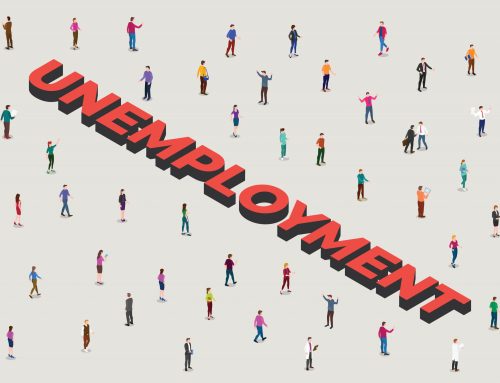ILO adopts conclusions for promoting decent work and a just transition in the building materials industry
Representatives from governments, employers and workers gathered in Geneva to discuss the challenges and opportunities in the building materials industry, including cement, reaching a set of conclusions and recommendations.
The meeting, the first of its kind, was hosted by the International Labour Organization (ILO). It brought together a panel of senior experts from the United Nations Environment Programme, the Organisation for Economic Co-operation and Development and the United Nations Industrial Development Organization.
“The building materials industry is a cornerstone of the global economy and now stands at a critical crossroads, facing rapid technological changes and its significant carbon footprint. These conclusions and recommendations will go a long way in helping the industry meet the demands of a low-carbon economy and decent work, while also continuing to fulfill the growing needs for housing and infrastructural demands,” said Frank Hagemann, Director of the ILO Sectoral Policies Department and Secretary-General of the meeting.
The ILO constituents called for support to promote an enabling environment for sustainable enterprises, in particular micro, small and medium-sized enterprises, to ensure they are equipped to participate in the industry’s transition to a low-carbon economy. They stressed the need to ensure the correct classification of employment relationships in the industry, to monitor occupational diseases caused by new building materials, and strengthen labour inspection systems.
The meeting emphasized that equal opportunities and treatment for women and men were essential for the future of the industry. Improving data collection and conducting industry-specific labour assessments were highlighted as key elements for informed policymaking.
Delegates agreed that, to support a just transition, investment in skills development and lifelong learning would be paramount, enabling workers and enterprises to adapt to evolving industry requirements while driving innovation, productivity and sustainability. Social protection systems would also be essential in building resilience for all workers and enterprises facilitating a just transition.
The meeting’s agreed conclusions provide guidance about operationalizing living wages in the industry and highlight the importance of promoting the ILO Tripartite Declaration of Principles concerning Multinational Enterprises and Social Policy. They also highlight the need to ensure that public procurement fosters adherence to labour rights, social dialogue and protection of workers in the industry. Central to these recommendations is the critical role of social dialogue and fundamental principles and rights at work.
The Chairperson of the meeting, Toni Moore, said, “I extend my praise and congratulate the tripartite constituents for their valuable contributions and hard work. In spite of some challenging moments social dialogue prevailed, allowing us to build consensus on the industry’s key priorities.”
Source: ILO
Legal Notice: The information in this article is intended for information purposes only. It is not intended for professional information purposes specific to a person or an institution. Every institution has different requirements because of its own circumstances even though they bear a resemblance to each other. Consequently, it is your interest to consult on an expert before taking a decision based on information stated in this article and putting into practice. Neither Karen Audit nor related person or institutions are not responsible for any damages or losses that might occur in consequence of the use of the information in this article by private or formal, real or legal person and institutions.






